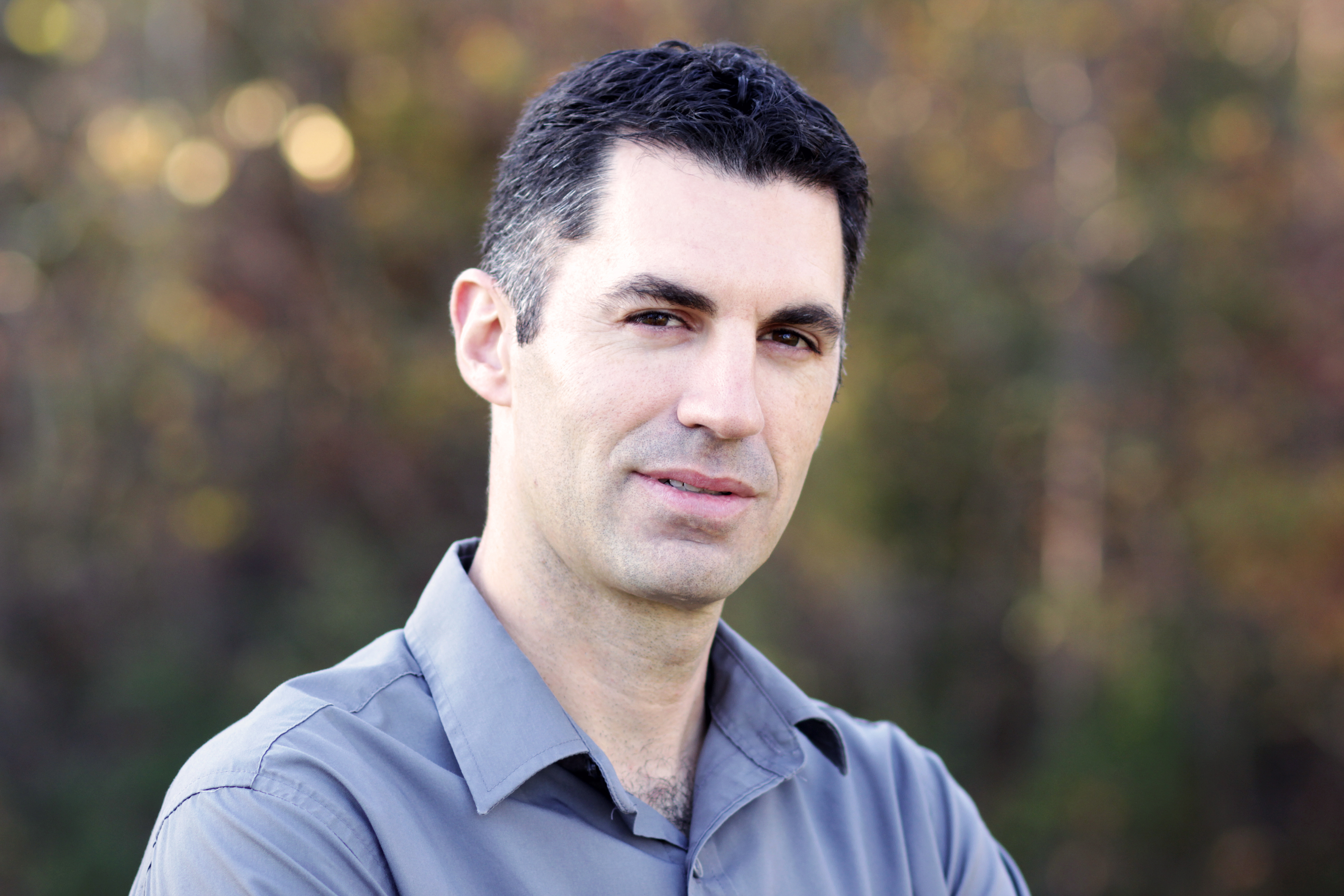Dayton Docket

A 'Novel' Way Of Studying For The Bar
By Lucas Schmitt
Evan Law knew his stories would be useful when it came to passing the bar exam.
“I would take the legal principles that I wasn’t understanding well enough and write little fictional scenarios that fleshed out the ideas and made them seem more real.” Law says.
But what the 2009 University of Dayton School of Law graduate didn’t realize was how those study aids would one day take on a life of their own.
“My wife found this novel writing competition and I thought, I’ve always wanted to write a novel,” Law says.
So he expanded upon his stories and turned them into a novel, called Son of a Sleeper Spy, which he wrote whenever he could find time.
“My job with the government had me taking a train into work, so on the train I would sketch out parts of the novel and work on character development,” Law says.
After the positive reception from the first book, this has now expanded into a second novel, called Defiance.
The goal of the novels is to not only entertain but also to educate based on Law’s own experiences preparing for the bar exam. He does this by using footnotes to explain or expand upon the legal terminology used in the novels. That way readers can comprehend what is going on from a legal perspective and begin to understand how they should apply the principles discussed to different situations.
Law’s first book tells the story of a law graduate’s struggle to pass the bar exam, which becomes more intense when he finds out his father is a Russian sleeper spy. Entangled among Russian operatives, the FBI, a manipulative bar prep instructor, and his girlfriend who can’t understand what is going on, he must do whatever it takes to learn the law and pass the bar exam. The second book then follows the story of a law student whose trip to Russia for a comparative law program becomes more like a political thriller after she witnesses an attempted assassination.
While Law’s books appeal to everyone, he says the majority of his readers are either in law school, graduates of law school, or prospective law students. Law gets new ideas for stories all the time simply from his experiences as an attorney and from world events.
Along with writing novels, Law currently works as an appeals officer for the United States Citizenship and Immigration Services Administrative Appeals Office, where he actively adjudicates Immigration Law. Prior to law school, he spent time as a missionary on the United States-Mexico border where he first gained an appreciation of the complexities of immigration issues. That served as a starting point to eventually learn immigration law from his mentors, Karen Bradley in Dayton, and later Robert Banta in Atlanta.
When it comes to law school, Law knows it can be difficult.
“What makes law school hard is that it is like learning a whole new language,” Law says. “Especially in preparing for the bar exam, sometimes you feel like you are reading a dictionary.”
He hopes his novels help make the law a little more like a page-turner, bringing it to life for others in the same way the stories brought it to life for him.
